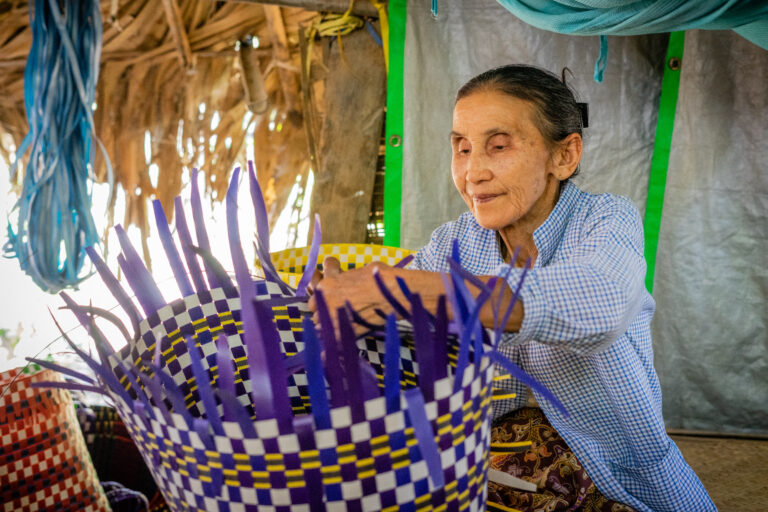Advancing humanitarian inclusion.
Humanitarian organizations are committed to providing assistance and protection solely based on need and without discrimination. Yet, older people and people with disabilities are routinely excluded from humanitarian responses, despite being among the most vulnerable. To change this, we created the humanitarian inclusion standards.
The humanitarian inclusion standards
Ensuring older people and people who have disabilities are not left out
The “Humanitarian inclusion standards for older people and people with disabilities,” developed by the Age and Disability Capacity Programme (ADCAP), were created in 2018 to help organizations responding to crises to successfully identify and reach those most at risk, upholding the humanitarian principles by which they all must abide.
ADCAP is led by HelpAge International and is part of an innovative portfolio of projects under the Start Network, supported by DFID’s Disasters and Emergencies Preparedness Programme. It also receives separate funding from the Office for U.S. Foreign Disaster Assistance.
There are nine key inclusion standards, including identification, safe and equitable access, knowledge and participation, and learning. There are also seven sector-specific inclusion standards, which include protection, shelter, health, and water, sanitation, and hygiene.

The Humanitarian inclusion standards help older people and those with disabilities build livelihoods.
Download the Humanitarian inclusion standards for older people and people with disabilities (PDF, 3mb).
Learn about the Age and Disability Capacity Programme (ADCAP)
“Every time a person is denied assistance or protection during an emergency response because of their age or disability, humanitarian organizations are ignoring their obligation to operate without prejudice.”
—Philip Hand, ADCAP Programme Manager, HelpAge International



